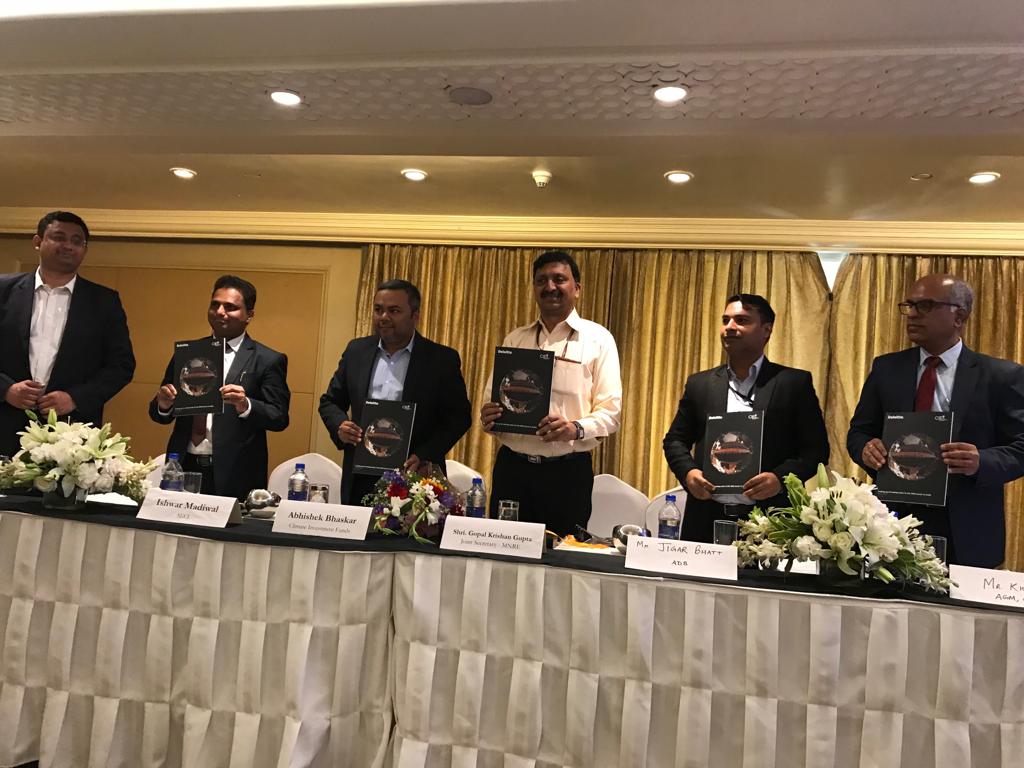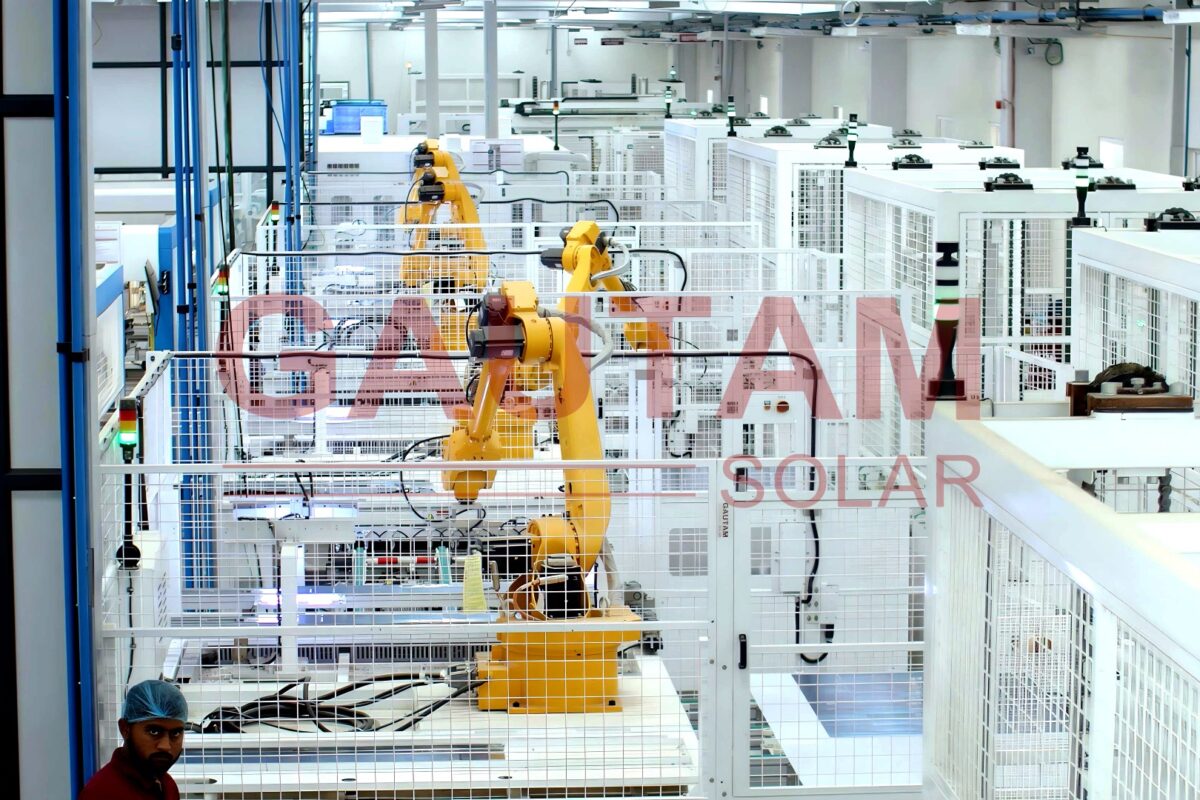Released in New Delhi today, the Scaling Up Rooftop Solar in the SME Sector report maps out key obstacles that could impact the growth of rooftop solar in India’s SME sector. It also identifies potential solutions to address those barriers. Deloitte India surveyed 150 SMEs across six industrial clusters, selected according to predetermined criteria: rubber and plastic, pharmaceuticals, automotive, paper, textiles, and food and beverage.
Noting that the Indian rooftop solar market is currently not geared to deploy large-scale projects in the MSME sector without institutional or financial intervention, the report suggests solutions that include targeting industry clusters and developing customised market plans. It also proposes regulatory changes for the adoption of group and virtual net metering, new lines of concessional credit, and financial interventions such as interest subvention and the Partial Risk Guarantee Fund mechanism.
“A well-conceived walk-through survey of 150 MSMEs depicted the willingness towards adoption of rooftop solar applications but strengthening an enabling ecosystem will be critical for its proliferation,” said Tushar Sud, partner at Deloitte Touche Tohmatsu India.
Abhishek Bhaskar, an energy specialist for the CIF, said that limited access to financing and other issues are negatively affecting the long-term profitability and competitiveness of the entire sector.
“However, it presents great opportunity, and a multi-pronged approach involving supportive regulations, risk-bearing financing, and awareness building is needed to demonstrate viability and help scale up rooftop solar in the sector,” Bhaskar argued.
Simon Stolp, lead energy specialist for the World Bank, noted the many ways that the global financial institution is supporting India’s renewable energy ambitions, including rooftop solar.
“Supported by the Clean Technology Fund (CTF), the program has delivered financing to close to 300 MW so far working in close partnership with State Bank of India, and is all poised to surpass its initial goals,” Stolp explained. “This CTF-supported work is quite timely since a significant amount of this financing goes to installations for MSMEs, a sector that we have also identified as one of the potential areas for future growth.”
Through its CTF, the CIF has provided $775 million to help India achieve its low carbon goals. Of this, $300 million has been dedicated to support rooftop solar through the World Bank and the Asian Development Bank. India aims to install 100 GW of solar capacity by 2020, of which 40 GW is expected to come from rooftop installations.
This content is protected by copyright and may not be reused. If you want to cooperate with us and would like to reuse some of our content, please contact: editors@pv-magazine.com.








By submitting this form you agree to pv magazine using your data for the purposes of publishing your comment.
Your personal data will only be disclosed or otherwise transmitted to third parties for the purposes of spam filtering or if this is necessary for technical maintenance of the website. Any other transfer to third parties will not take place unless this is justified on the basis of applicable data protection regulations or if pv magazine is legally obliged to do so.
You may revoke this consent at any time with effect for the future, in which case your personal data will be deleted immediately. Otherwise, your data will be deleted if pv magazine has processed your request or the purpose of data storage is fulfilled.
Further information on data privacy can be found in our Data Protection Policy.